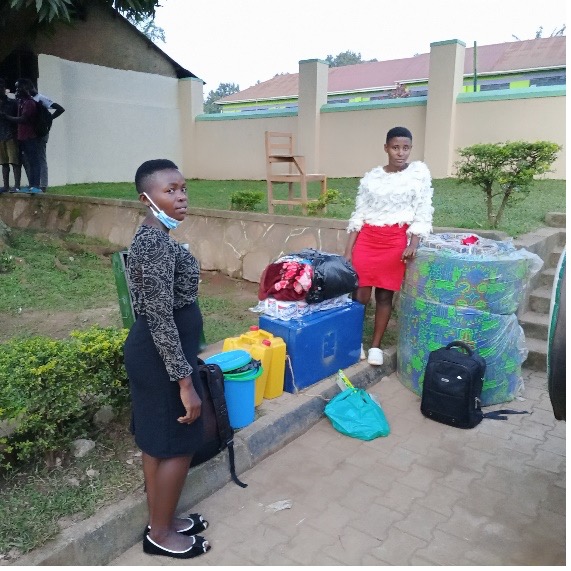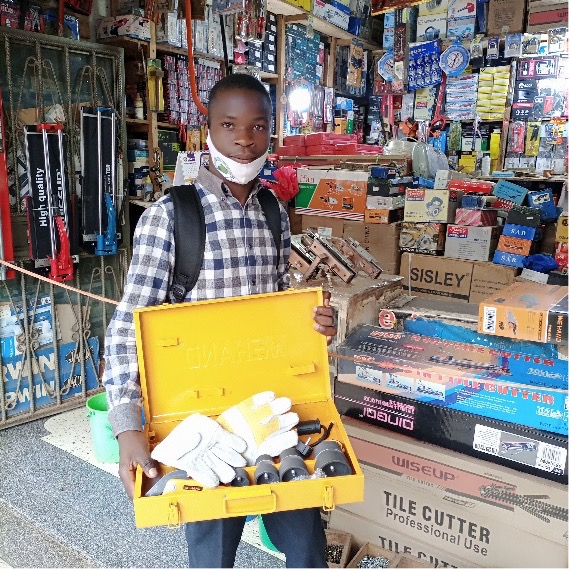As school resumed in January, a number of Road to Hope (RTH) children decided to pursue vocational education to focus on a trade. Their plan is that in two to three years they will have graduated from school and can quickly start their businesses, generate income and help their families to improve their livelihood.
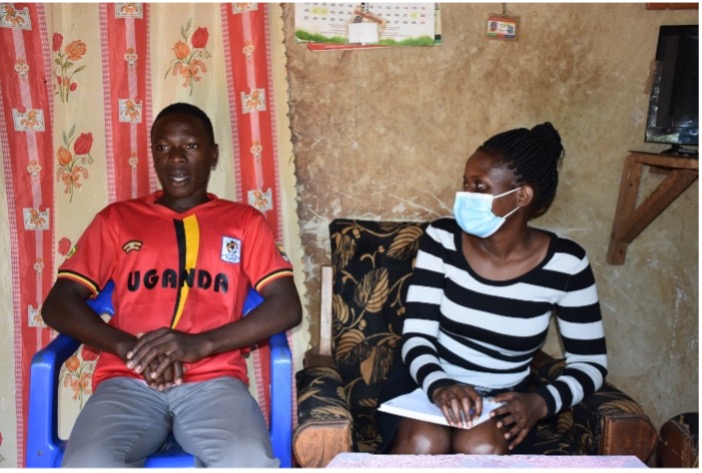
The RTH program supports vulnerable child caregivers with the educational support they need to enter the job market as productive young adults. They are enrolled in schools that can best meet their educational and psychosocial needs. But their education has been disrupted by the COVID-19 pandemic. The emergence of COVID-19 and the measures instituted to mitigate its spread exacerbated the many challenges children and their families face for their daily basic and psychosocial needs.
Because schools remained closed for two years in Uganda, the children’s stay at home put pressure on the already-stretched household resources. This led to issues like limited food supply, inadequate access to homeschooling materials, concerns of domestic violence, abuse and early pregnancies. While schools were closed, PCAU helped provide extra support to the children and their families – both in terms of basic needs and psychosocial support.
One way PCAU extended extra support was holding regional retreats for the children. This brought together smaller groups of children which allowed each child to receive more attention. PCAU had the students share the experiences and challenges they encountered during the lockdown. The children related that they were shouldering a lot of responsibility – from worrying about the wellbeing of their siblings; the health of their sick parents or guardians; to overseeing building projects, farming, or working casual day jobs to helping bring in additional income for their family. Some children struggled more that others during the extended stay at home. Some suffered serious setbacks – but PCAU didn’t give up on them. They worked with each child and their family to determine the best way forward. For some, this meant shifting their focus to vocational school.
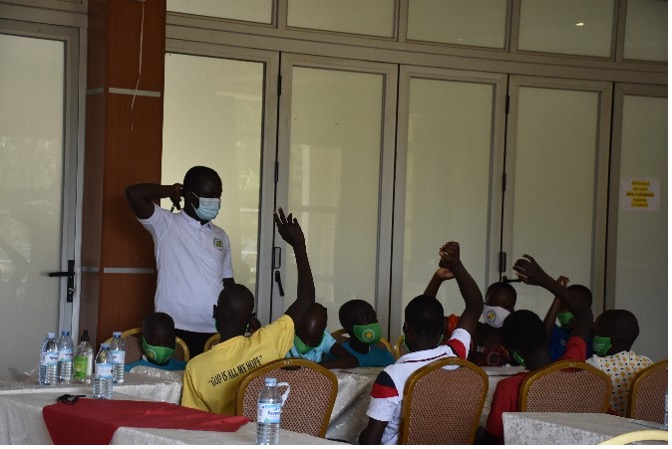
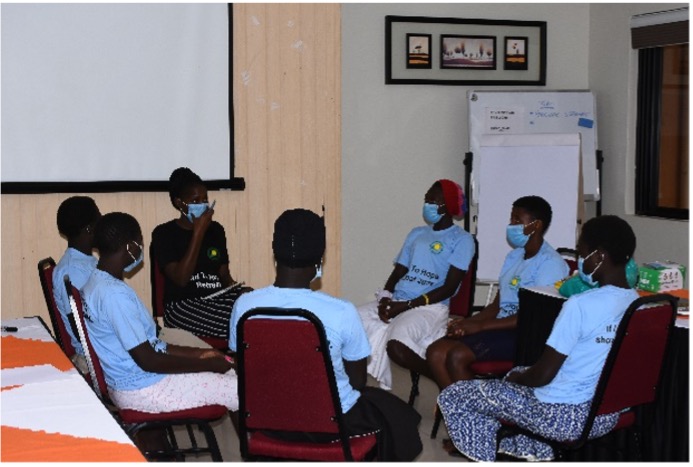
Prior to the lockdown, the program supported three children in vocational schools who were taking courses in plumbing, electrical installation and welding and metal fabrication. During the lockdown, Ugandan authorities labelled some workers as “essential” and permitted them to resume work. Construction workers were among these, and the three children landed casual jobs. This was an opportunity to put their classroom knowledge into practice while bringing in income for their families.
Other children decided to switch to vocational school because they could finish sooner than completing secondary school. Nine children switched to vocational studies. The new enrollees will pursue courses in construction, fashion and design, hairdressing, and motor-vehicle mechanics. PCAU reports that all the children on the program are happy and settling in well in their respective schools.
